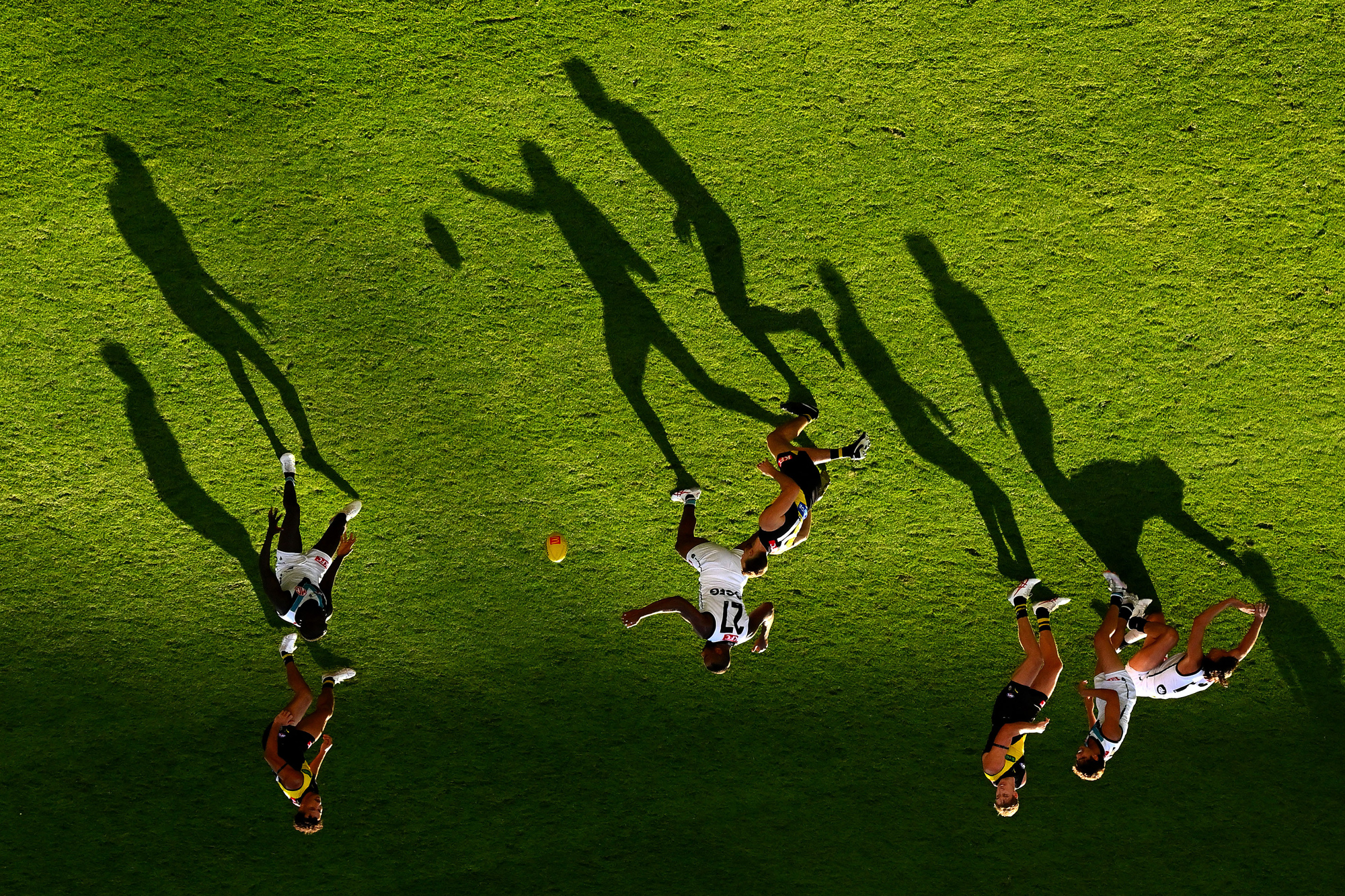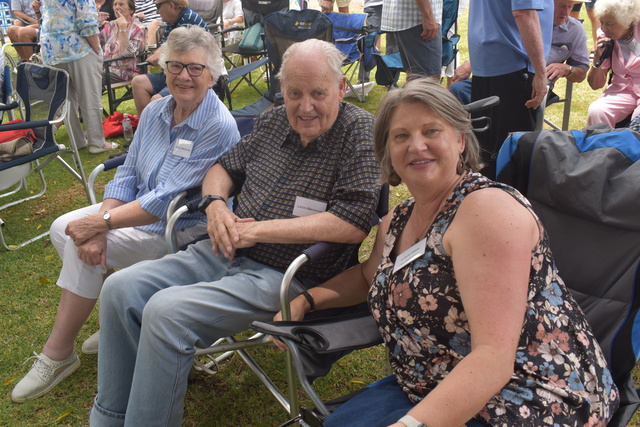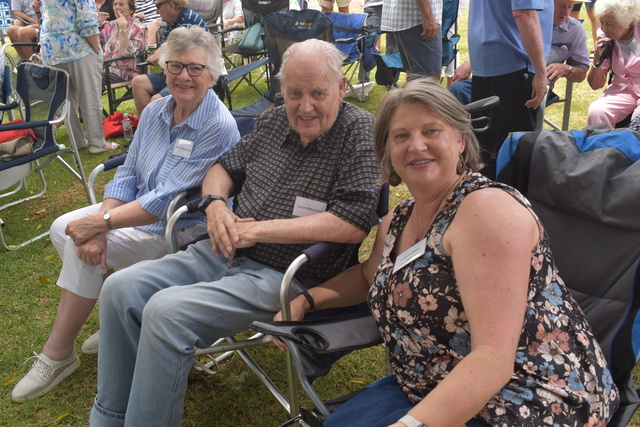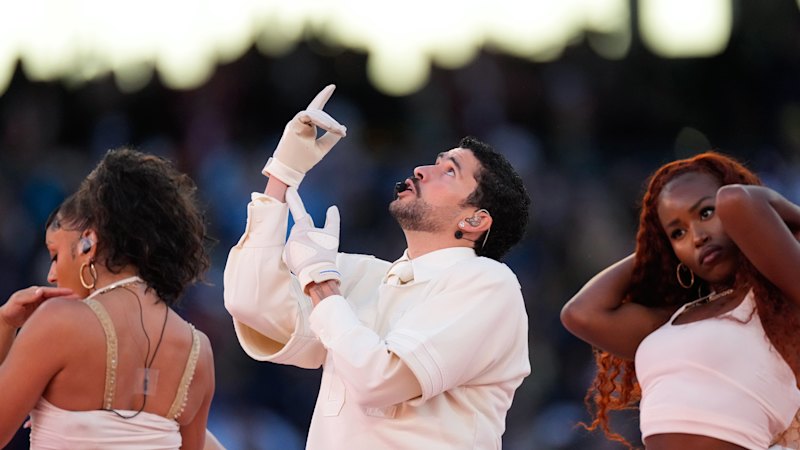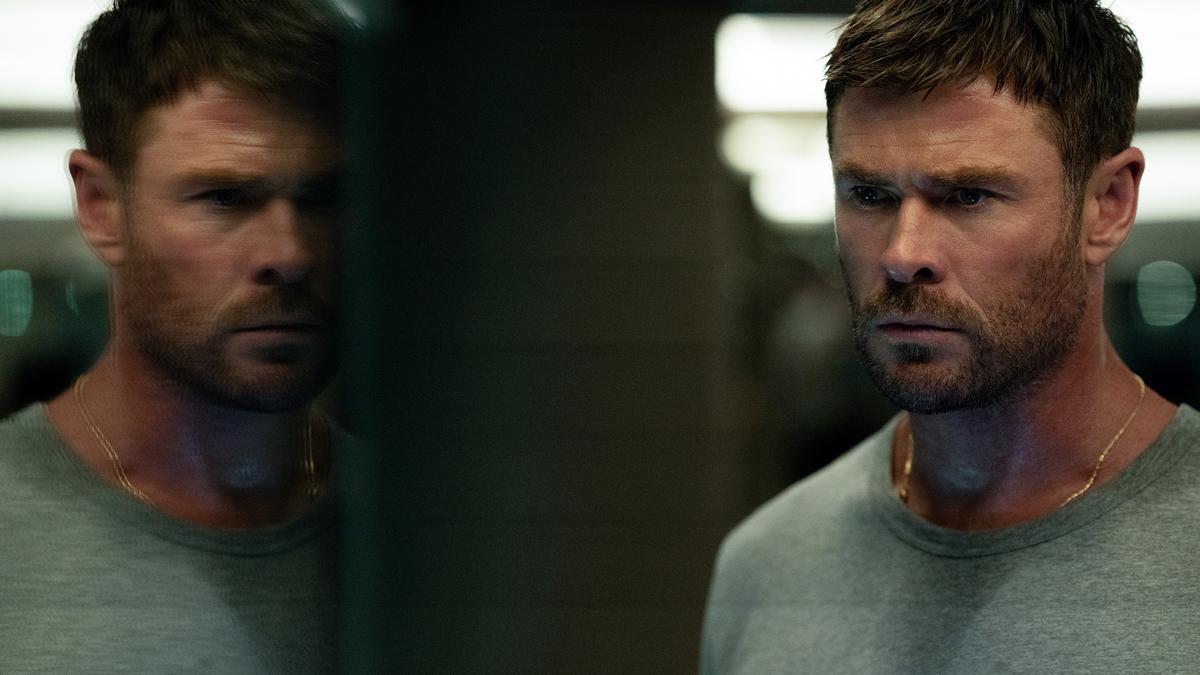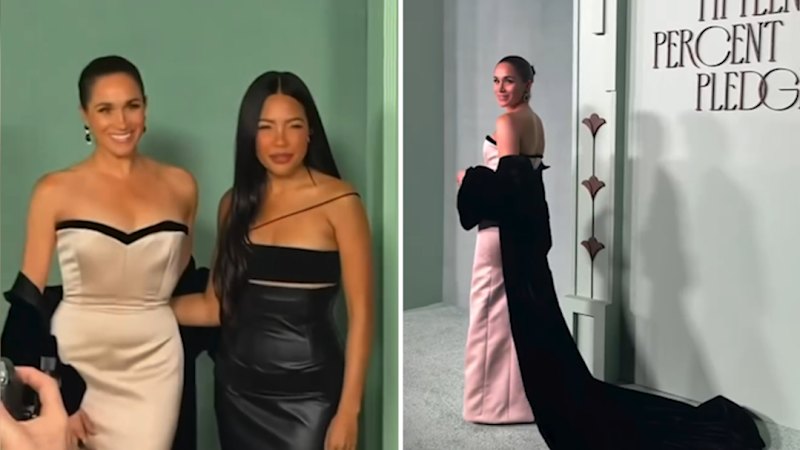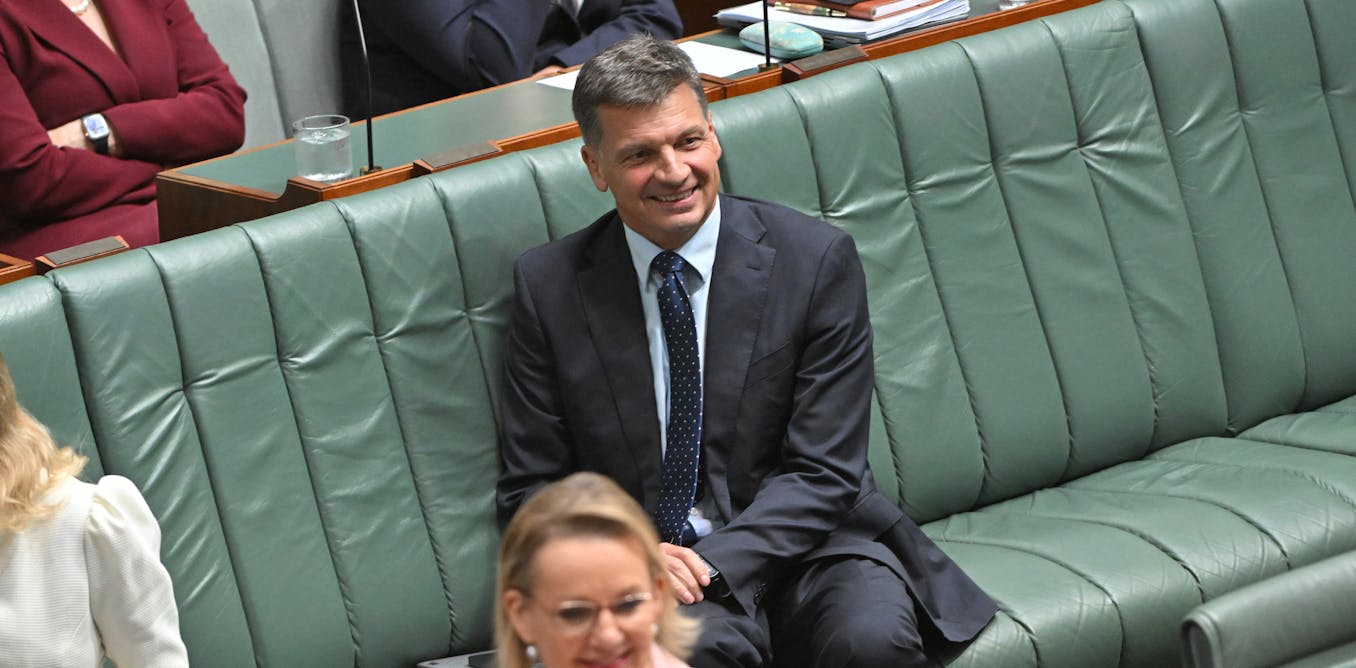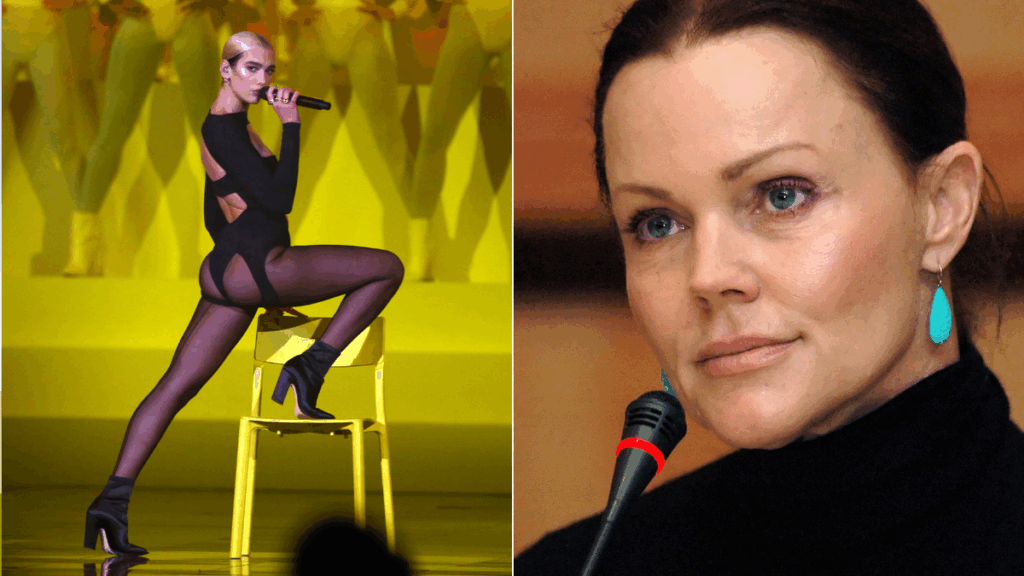
Belinda Carlisle, the iconic singer known for her hits in the 1980s, has expressed strong disapproval of the sexualized images presented by contemporary artists like Dua Lipa. In an interview with the i newspaper, Carlisle remarked on the troubling trend among young female performers, suggesting that they may one day regret their choices.
Carlisle, 66, articulated her concerns about the current music industry’s emphasis on sexual imagery. “These days young women in the music industry are just so sexualized. Like, what happened? I don’t get it,” she stated. She emphasized that while these images may draw attention, they do not convey empowerment. “It’s not empowering. It’s embarrassing,” she added, asserting that artists like Dua Lipa, despite their undeniable talent, do not need to resort to such tactics to gain recognition.
Reflecting on her own experiences in the music industry, Carlisle acknowledged that women in the 1980s faced their share of challenges, including sexual assault and sexism. Yet, she pointed out, “No man ever messed with a Go-Go. We were like a five-headed monster.” She recounted a moment early in her solo career when a prominent manager suggested that she adopt a more provocative image, saying, “You should show your t**s and sing some songs like ‘Stick it in me’.” Carlisle firmly rejected the suggestion, stating, “No. I don’t do that.”
In addition to her criticism of current trends, Carlisle opened up about her personal struggles with body image, which were exacerbated by media scrutiny. She described how being labeled “pretty and plump” or “cute and chubby” led to harmful judgments about her weight. “It really f***s up your brain as a young girl. I developed what turned into an eating disorder,” she revealed. Carlisle explained that her battle with bulimia still occasionally resurfaces, highlighting how the media’s focus on appearance can have destructive effects on women.
As she has aged, Carlisle noted a shift in the public’s scrutiny, transitioning from her weight to her age. “Now the weight comments have stopped, it’s all about my age. I’m always ‘Belinda Carlisle, 66’. They never do that to the men, do you notice?” This observation underscores the persistent double standards that women face in the entertainment industry.
Carlisle’s insights reflect a broader conversation about the pressures young female artists encounter in a rapidly evolving cultural landscape. While she celebrates the talent of artists like Dua Lipa, she hopes they will reconsider the implications of their public personas as they navigate their careers.

